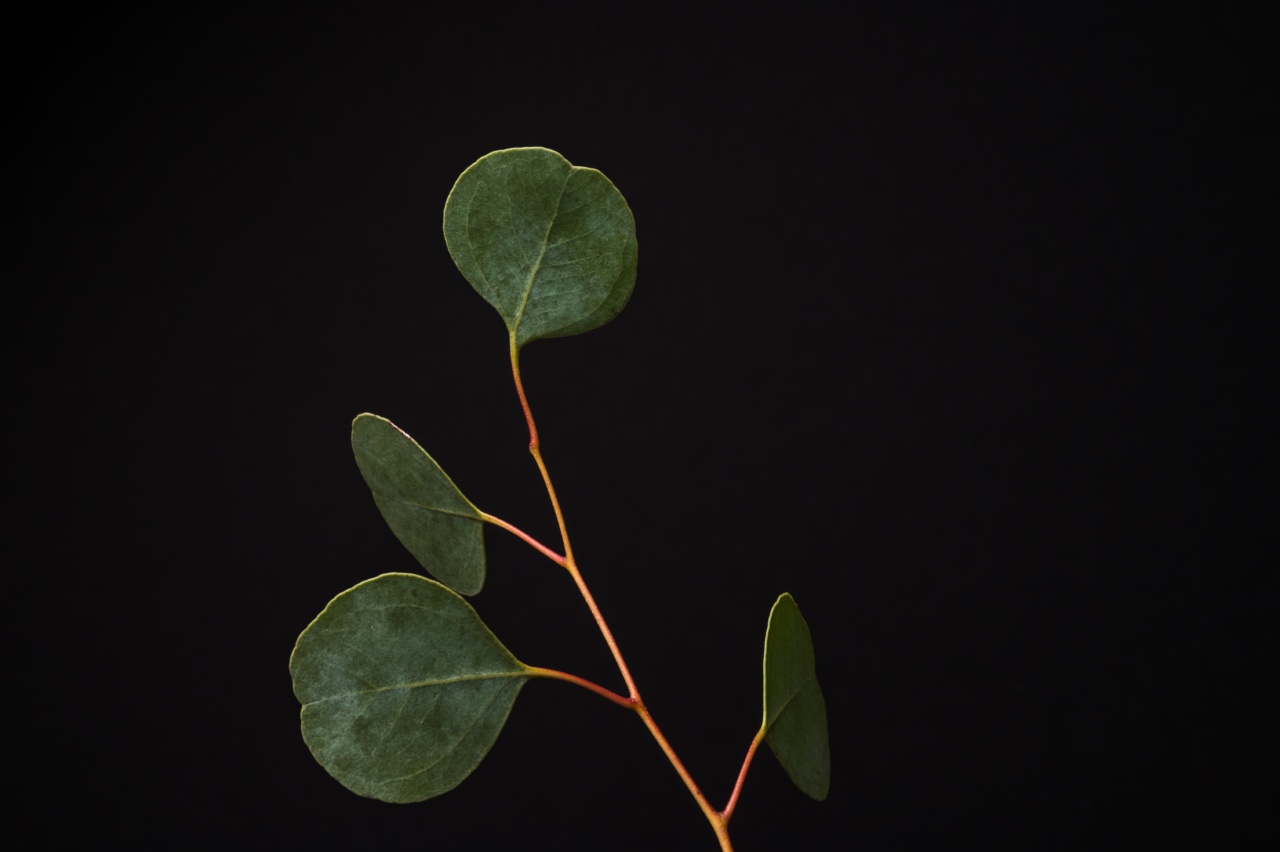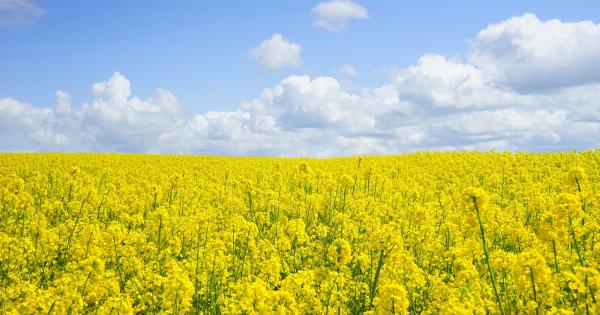If you suffer from headaches, you know just how debilitating they can be. The throbbing pain, sensitivity to light and sound, and overall discomfort can make it difficult to carry out your daily activities.
While there are various over-the-counter and prescription medications available to alleviate headaches, they often come with unwanted side effects. Thankfully, there is a natural alternative – herbal remedies. In this ultimate guide, we will explore the best herbal remedies for headaches and how to use them effectively.
Understanding Headaches
Before diving into herbal solutions, it’s important to understand the different types of headaches. This knowledge will help you identify the most suitable herbs for your specific condition. The most common types of headaches include:.
1. Tension Headaches
Tension headaches are characterized by a dull, squeezing pain around the temples or the back of the head. They are often triggered by stress, anxiety, or poor posture.
2. Migraine Headaches
Migraine headaches are typically intense and throbbing, often accompanied by nausea, vomiting, and sensitivity to light and sound. They can be triggered by various factors such as hormonal changes, certain foods, or environmental stimuli.
3. Cluster Headaches
Cluster headaches are excruciatingly painful and occur in cyclical patterns or clusters. They are usually felt on one side of the head and often include symptoms such as red or swollen eyes, a runny nose, or excessive tearing.
Using Herbal Remedies for Headaches
Herbal remedies for headaches have been used for centuries to provide relief without the risk of harmful side effects. Here are some of the most effective herbs to consider:.
1. Feverfew
Feverfew is a common herb known for its ability to reduce the frequency and intensity of migraines. It works by inhibiting the release of certain chemicals in the brain that can trigger migraines.
Feverfew can be consumed as a tea, tincture, or in supplement form.
2. Peppermint
Peppermint is widely recognized for its soothing effect on headaches. The menthol present in peppermint helps relax muscles and improve blood flow, relieving tension headaches.
You can apply peppermint essential oil topically or inhale its aroma for relief.
3. Ginger
Ginger has potent anti-inflammatory properties, making it an excellent choice for relieving migraines and reducing their duration. You can consume ginger tea, chew on raw ginger, or take ginger capsules or extracts.
4. Willow Bark
Willow bark contains a compound called salicin, which is similar to the main ingredient in aspirin. It is commonly used to alleviate pain and reduce inflammation associated with tension headaches.
Willow bark can be brewed into a tea or taken as a supplement.
5. Lavender
Lavender has calming properties that can help alleviate stress and tension headaches. You can use lavender essential oil in a diffuser, add it to a warm bath, or apply it topically with a carrier oil.
6. Butterbur
Butterbur is a herb that has shown promising results in reducing the frequency and severity of migraines. It works by reducing inflammation and preventing the constriction of blood vessels in the brain.
Butterbur supplements are available in tablet or capsule form.
7. Chamomile
Chamomile is well-known for its soothing and calming properties. It can help relieve tension headaches and promote relaxation. Drink chamomile tea or use chamomile essential oil in a diffuser for the best results.
8. Valerian Root
Valerian root is a natural sedative that can help relieve headaches caused by anxiety or stress. It can be consumed as a tea or taken in capsule form. However, note that valerian root may cause drowsiness, so it’s best to use it before bedtime.
9. Cayenne Pepper
Although it may seem counterintuitive, cayenne pepper can be effective in relieving cluster headaches. The compound capsaicin in cayenne pepper helps desensitize nerves, reducing pain. You can apply cayenne pepper cream or ointment topically.
10. Ginkgo Biloba
Ginkgo biloba improves blood flow and has antioxidant properties that may help reduce the frequency and severity of migraines. It is available as a supplement in capsule or liquid form.
Tips for Using Herbal Remedies Safely
While herbal remedies can provide relief for headaches, it’s essential to use them safely. Here are some tips to keep in mind:.
1. Consult a Healthcare Professional
It’s always wise to consult with a healthcare professional, especially if you have underlying health conditions or take other medications. They can guide you on the appropriate use and potential interactions of herbal remedies.
2. Check for Allergies
Before trying any new herbal remedy, conduct a patch test to check for allergies or sensitivities. Apply a small amount of the herb or product on your skin and observe for any adverse reactions.
3. Follow Instructions
Follow the recommended dosage and instructions provided with the herbal remedy. Taking excessive amounts may lead to adverse effects or interactions with other medications.
4. Maintain a Healthy Lifestyle
While herbal remedies can provide relief, it is crucial to address the root causes of your headaches. Maintain a healthy lifestyle by managing stress, getting enough sleep, staying hydrated, and eating a balanced diet.
Conclusion
Herbal remedies offer a safe and natural alternative for those seeking relief from headaches. From feverfew and peppermint to ginger and lavender, the options are plentiful.
Remember to choose herbs that are suitable for your specific type of headache, and always use them responsibly. Incorporating these herbal remedies into your lifestyle, along with healthy habits, may greatly reduce the frequency and intensity of your headaches.































